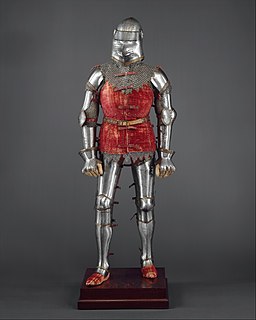Google's Blogger provides me with statistics on who stops by. It doesn't tell me whether or not they read this page, and few make comments. Those who post awesomely unbelievable financial opportunities are immediately deleted, so we won't be able to compare them to possible readership.
As you can see from the results of a Lifeway survey published back in 2017, only 20% of those responding had completed reading the Bible. Less than the total number who have read none or only a few sentences - and apparently those few sentences may not have been from a Bible, but were quoted elsewhere. Yet, Lifeway wrote:
Almost nine out of 10 households (87 percent) own a Bible, according to the American Bible Society, and the average household has three.
We have a lot more than average: my grandmother's, both my parents', my aunt's, mine, my husband's, a four-version for studies, my Greek inter-linear translation, and a couple that were gifts, mostly New Testaments. But I fall into the "All of it more than once" category.
So, why do I want people to read a book that was begun thousands of years ago, written by a wide variety of people, widely varying with time and culture, yet tells us a continous story of a deity interested in the world He created? Because that story has a beginning and ending timeline, and an impact on our daily lives.
I desire that readers would go further than a single verse. While I do love:
For God so loved the world, that he gave his only begotten Son, that whosoever believeth in him should not perish, but have everlasting life. (John 3:16 KJV)
I do not want readers to miss:
He that believeth on him is not condemned: but he that believeth not is condemned already, because he hath not believed in the name of the only begotten Son of God. (John 3:18 KJV)
While I firmly believe:
For by grace are ye saved through faith; and that not of yourselves: it is the gift of God: Not of works, lest any man should boast. (Ephesians 2:8-9 KJV)
It takes a Bible to share where that necessary faith is to be placed, and why works do not save but are an intregal result of faith - not a prerequisite. There is a progress made. While salvation is "easy," understanding why it is so and what the results will be takes time and a path that is followed. Jesus described it:
Enter ye in at the strait gate: for wide is the gate, and broad is the way, that leadeth to destruction, and many there be which go in thereat: Because strait is the gate, and narrow is the way, which leadeth unto life, and few there be that find it. (Matthew 7:13-14 KJV)
Note that "strait" does not equal "straight." It is also not predictable. While the way does lead to eternal life, there may be what appear as roadblocks, sharp turns, even detours, but staying on that way is well worth the time to learn about the whys and wherefores.
Matthew chapters five through seven are awesome in the explanation of what is expected of a follower of Jesus Christ. Nope, not one of us is perfect - we do miss the mark along the way. That's why we aren't your true examples. We musts be measured against what Jesus taught, and we may be questioned as to where we don't meet standards. However, don't judge us by men's standards - Jesus has some already set. Matthew 7 opens with:
Judge not, that ye be not judged. For with what judgment ye judge, ye shall be judged: and with what measure ye mete, it shall be measured to you again. (Matthew 7:1-2 KJV)
The measure we use should be the measure used on us. If I make a judgement call about another person's actions by rebuking them, I should do it biblically. Do you know where to find that criteria? It's not confined to a single verse, nor a small area of verses. Jesus gave God's answer to a lawyer's question:
Master, which is the great commandment in the law? Jesus said unto him, Thou shalt love the Lord thy God with all thy heart, and with all thy soul, and with all thy mind. This is the first and great commandment. And the second is like unto it, Thou shalt love thy neighbour as thyself. On these two commandments hang all the law and the prophets. (Matthew 22:36-40 KJV)
Whenever we fail to be Christian in our daily lives, the reasoon will be a failure to have done one of these two commandments. You wouldn't know that without reading your Bible. I purpose to increase my Bible reading - will you?

